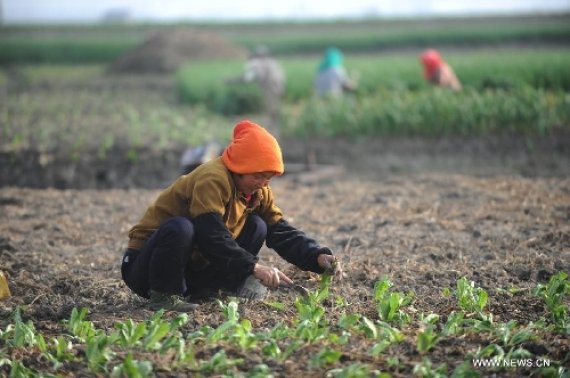In the farming community of Yang, where Meng did her research, 81 percent of the households have at least one labour migrant. It is mainly the men who move to the city to get their share of China’s economic growth. As a result, the farms are largely run by women. Meng interviewed 50 of these ‘left-behind’ women and compared their social position with 50 women in a village where most of the husbands were working on the farm.
The PhD student assumed that the feminization of agriculture would lead to women having more say over the business and would strengthen their position in the village. But it did not appear to work that way. The single farmers did not adapt the local business approach, so the farm management went on in the same way and they just had to work harder. Moreover, the women did not gain more say over ‘big issues’ such as investments. The wishes of the husband carried more weight, even at a distance. The research suggests that rural Chinese women stand more chance of improving their status and self-image by getting a paid job than by running their farms singlehandedly, suggests this research.
Xiangdan Meng received her PhD on 14 January from Jan Douwe van der Ploeg, professor of Rural Sociology.

